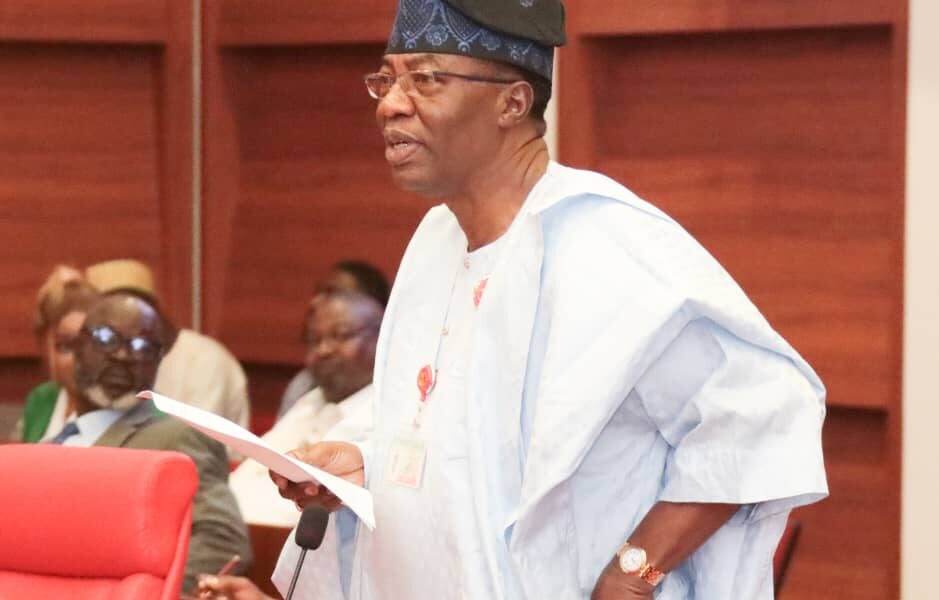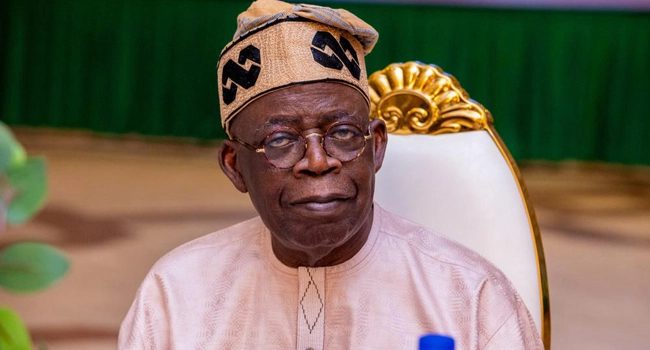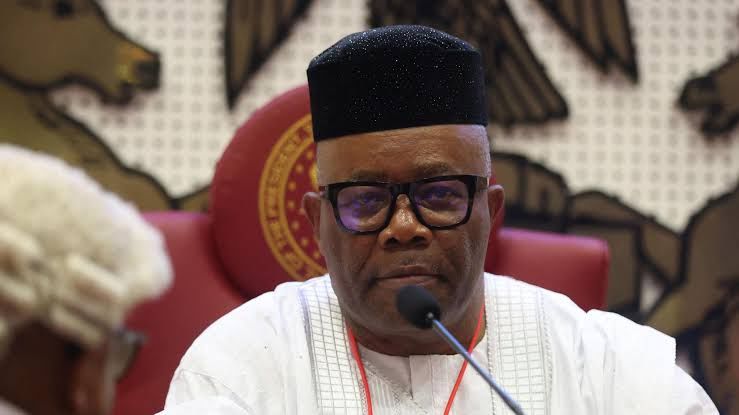The Nigerian Senate, on Tuesday, took a significant step towards the creation of Ijebu State by passing a bill for its first reading during the plenary session. The bill, titled “Constitution of the Federal Republic of Nigeria (Sixth Alteration) Bill, 2024 (Creation of Ijebu State),” was sponsored by Senator Gbenga Daniel, representing Ogun East Senatorial District.
Senate Majority Leader, Michael Opeyemi Bamidele, introduced the bill as the “fourth order of the day.” Senate President Godswill Akpabio presided over the session, facilitating the first reading and moving the bill forward for further legislative consideration.
The proposal seeks to carve Ijebu State from the existing Ogun State, a move that aligns with longstanding calls from the Ijebu people for greater administrative autonomy and local governance.

Speaking on the bill’s significance, proponents have highlighted the potential benefits of state creation, including enhanced political representation, accelerated development, and improved governance at the grassroots level.
The legislative process for state creation is rigorous, requiring multiple readings, committee evaluations, and constitutional amendments, including approval by two-thirds of the National Assembly and endorsement by at least 24 state Houses of Assembly.
If the bill successfully navigates the legislative process, Ijebu State would become Nigeria’s 37th state, further expanding the country’s administrative map.
This development comes amid ongoing national discourse on state creation, with advocates arguing that new states can promote economic growth, reduce marginalization, and address local governance challenges.




